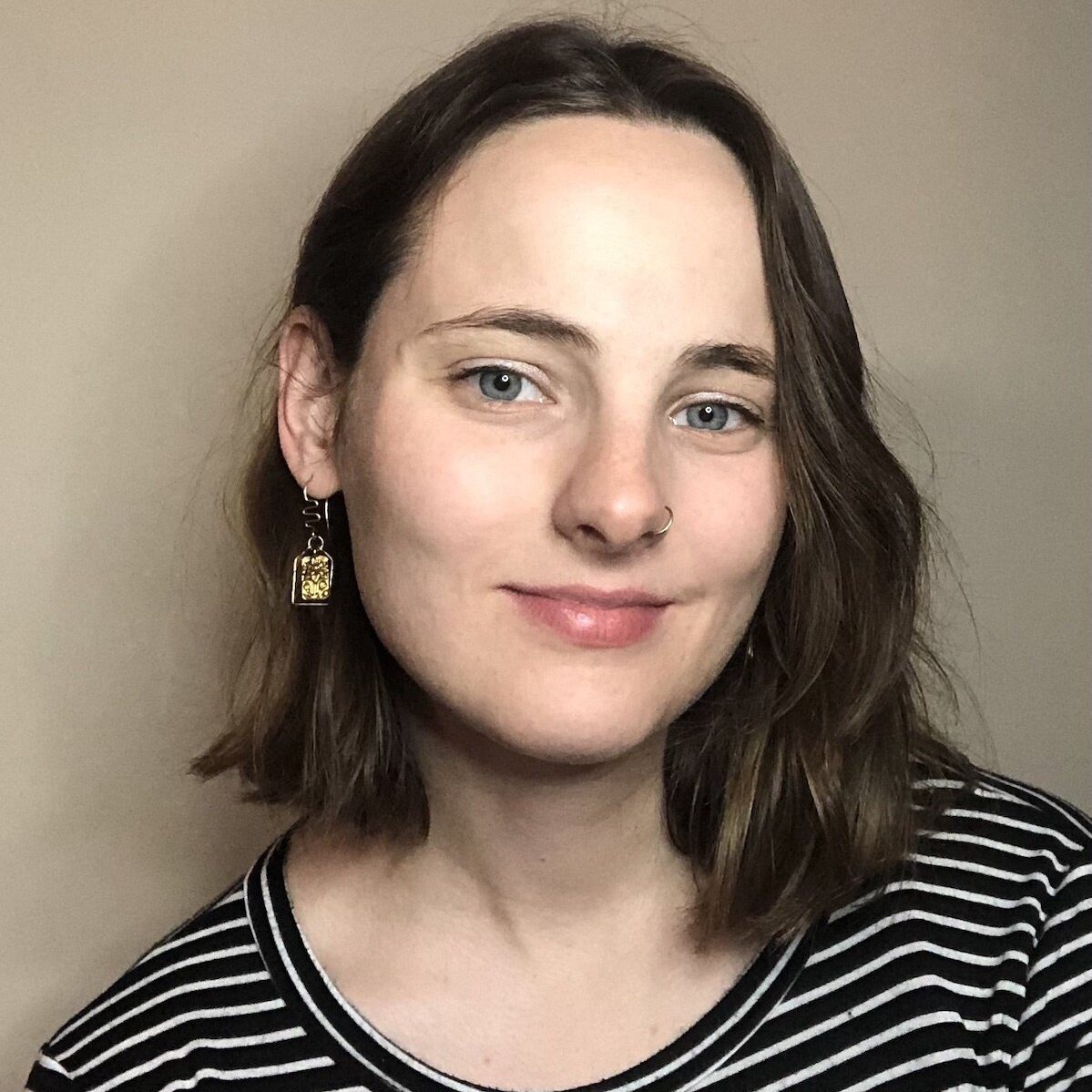It can be hard to take care of our day-to-day money needs, so it’s no surprise that financial goals often fall by the wayside like laundry coins getting trapped between couch cushions. After all, determining the proper goals to have and the ways to achieve said goals can be overwhelming. The good news is that when it comes to the topic of saving, determining how much money you should keep in your savings account is the easy part — it’s the actual saving that can get difficult!
How much money should I keep in my savings account?
Why you can trust us
The team at WealthRocket only recommends products and services that we would use ourselves and that we believe will provide value to our readers. However, we advocate for you to continue to do your own research and make educated decisions.
Frequently asked questions
Maybe, but maybe not. While “rich” is a strong word, by investing in the right high-interest savings account with at least 2% interest, you can definitely ensure that you are seeing some return on your savings.
If you are looking for more intense returns, though, you may want to look into investing in the stock market — although keep in mind that this could come with a higher degree of risk.
If you find saving money difficult, the good news is that you’re not alone. The bad news is that you’re not imagining it!
One of the reasons why saving money is so hard is because it is never just about money. Every single one of us as humans has psychological and emotional feelings wrapped up in our finances.
If you attempt to detach from your savings account to look at it pragmatically — and even allow yourself to believe that it’s only money, after all — you may be surprised at how much more effective you can be in meeting your financial goals.
